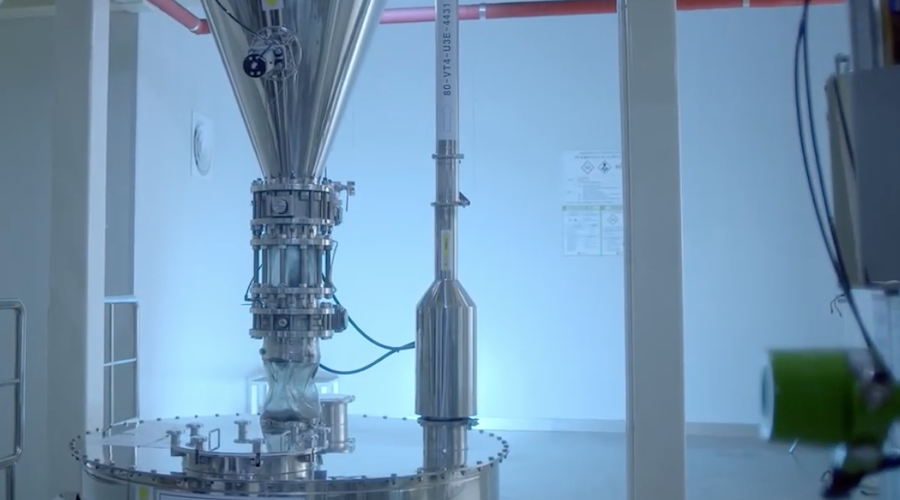
Indonesia’s state-owned electric vehicle company is focusing on the more than 115 million motorcycles roaming the country’s roads as it presses ahead with efforts to reduce emissions.
To get started, Indonesia Battery Corporation plans to produce 50,000 battery packs for two-wheelers next year, President Director Toto Nugroho said in an interview on the sidelines of the BloombergNEF Summit on Saturday. The prototype already has safety accreditations and output is ready to begin.
“It’s a very good market, and it would be good for our environment to reduce emissions and cut imports of fuels so we will work on that first,” he said.
IBC was formed in 2021 to realize President Joko Widodo’s ambition to have an end-to-end EV supply chain — from nickel ores to locally made electric cars. The government is under increased pressure to cut oil imports after the soaring global cost of crude forced it to hike gasoline prices, a move that sparked protests and weakened support for Jokowi, as the president is known.
Only 21,000 motorbikes in Indonesia are electric, which means many of their riders had to contend with higher fuel costs.
The government aims to boost domestic use of electric vehicles to 2 million units in 2025, and there are plans to offer an incentive of 7.5 million rupiah ($484) for consumers to swap gas-guzzling motorbikes for electric ones.
In the next five years, IBC will produce battery materials and cells while recycling used batteries in a project with partners LG Energy Solution and China’s CATL, Nugroho said. The plant will use renewable energy and comply with global standards so it can export products to US and European markets.
Antam, one of IBC’s parent companies, will form a joint venture to mine battery materials in the eastern island of Halmahera. IBC is researching how to make batteries using only local natural resources.
“We want to make sure the battery we produce here will not be dependent on imported minerals like lithium, graphite and cobalt,” Nugroho said. “We want a battery that doesn’t use those minerals.”
(By Eko Listiyorini)
Comments